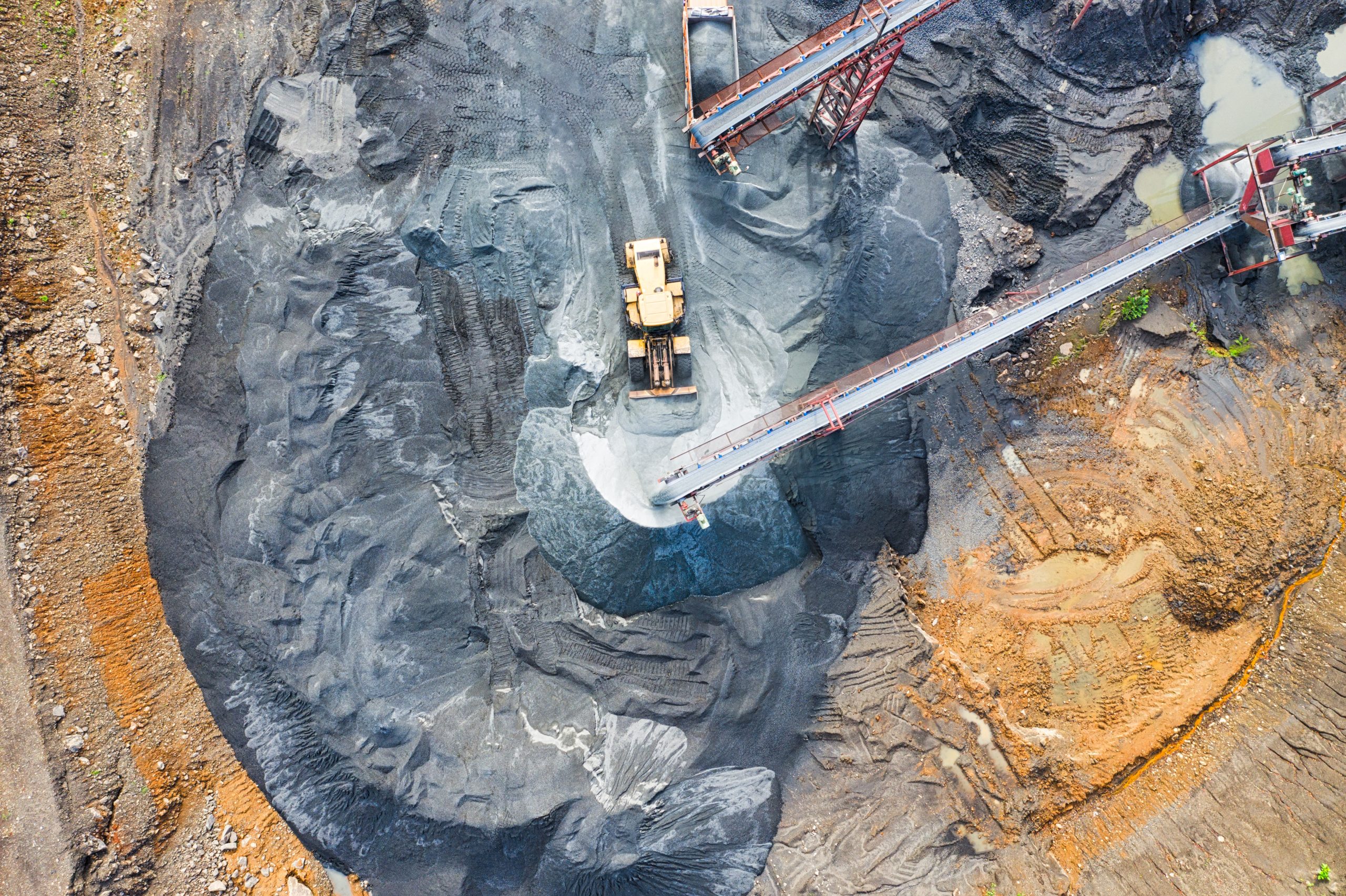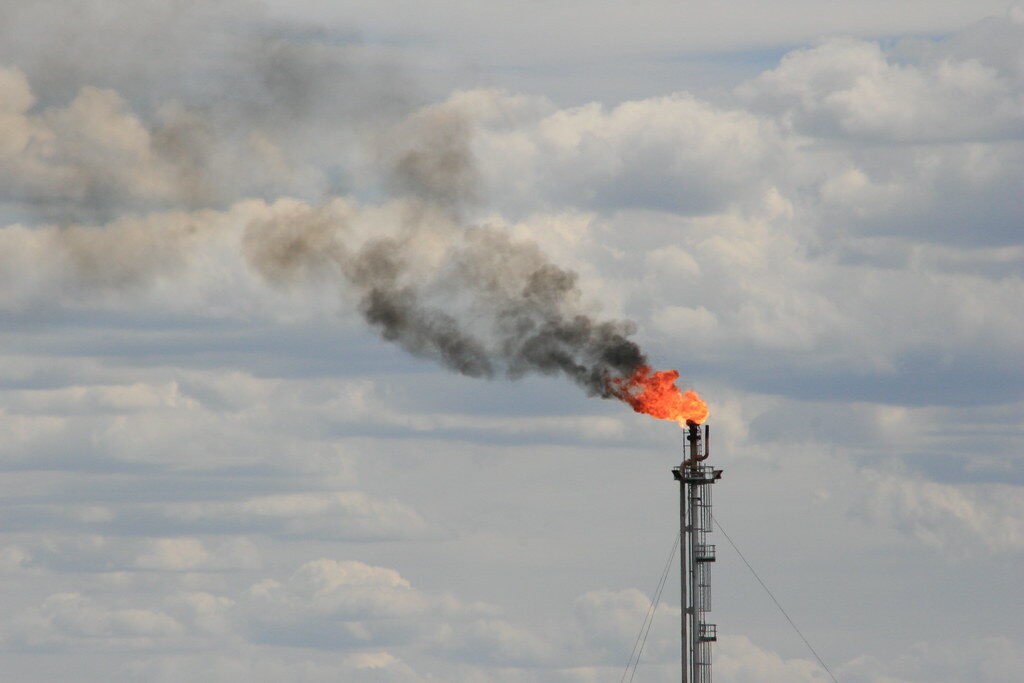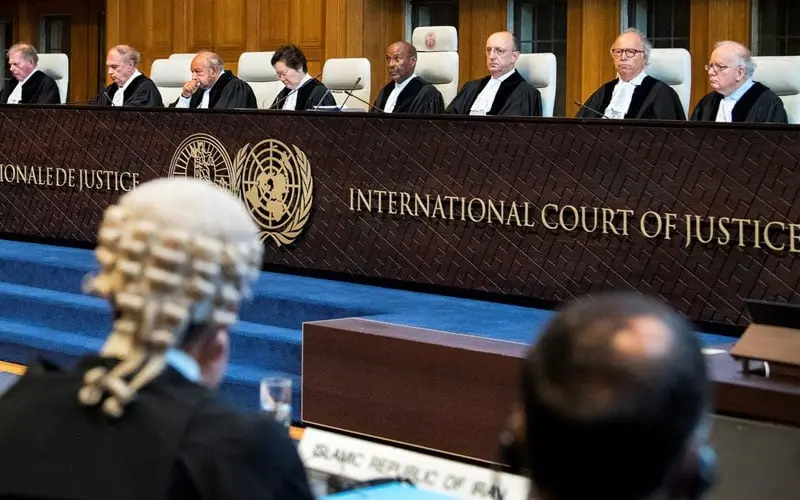A little-known organisation recently made a major legal intervention: requesting Federal Environment Minister Tanya Plibersek reconsider the earlier approval of 18 coal and gas projects. The Environment Council of Central Queensland (ECoCeQ), with help from Environmental Justice Australia (EJA), has asked Ms Plibersek to consider how its newly presented evidence shows how these fossil fuel projects will worsen climate change, which is having a significant impact on all of Australia’s protected species and places. This is a big move, which will force the Minister to either re-confirm the decisions made by her predecessors to approve coal and gas projects under the Environment Protection Biodiversity Conservation Act (EPBC Act), or revoke them.
What’s the EPBC Act and what is its impact?
The EPBC Act came into effect in mid-2000 under the Howard Government and was designed to protect nationally significant places, ecosystems and wildlife. Thousands of species and places are protected under this law, including koalas, dugongs, the Great Barrier Reef, Uluru and Ningaloo Reef. Sadly since the creation of the EPBC Act, more than 7.7 million hectares of threatened species’ habitat have been destroyed and, because of this, Australia holds the world record for the most mammal extinctions of any country.

Despite this being the Australian law that’s in place to protect our environment, there is no mention of climate change within the legislation. Up until now, Ministers have mostly ignored the impacts of climate change when approving coal and gas projects. The ECoCeQ and their lawyers at EJA are arguing that the EPBC must include an examination of the bigger picture – i.e. climate change – when considering the impact that coal and gas projects will have on the environment. Now it’s up to the new Environment Minister Tanya Plibersek to decide whether she will continue to ignore such impacts.
This move by the EJA is a well-timed appeal to the new Labor Government after millions of Australians put climate first at the ballot box in May 2022. The request builds on a backlog of (largely ignored) research and legal appeals surrounding the EPBC Act since its inception, but this intervention takes things further than any legal case has before.
There are 18 proposed fossil fuel projects in the pipeline that could be reconsidered. These projects include Whitehaven’s Narrabri coal mine extension, Clive Palmer’s Waratah Coal Alpha North mine and Woodside’s North West Shelf gas project extension. A “reconsideration request” made under section 78A of the EPBC Act depends on the presentation of substantial new information, like the stack of evidence the Environment Council of Central Queensland has handed Plibersek, including updated research accounting for recent events such as the fourth mass bleaching of the Great Barrier Reef since 2016. This new evidence points toward a lack of consideration for the potential climate harm these 18 proposed projects could inflict.
The latest State of the Environment report declared that 7.7 million hectares of habitat for terrestrial threatened species was cleared between 2000 and 2017, 7.1 million hectares (93%) of this was not referred to the Australian Government for assessment under the EPBC Act.
The Climate Council supports government reform of the EPBC as part of our policies for a sensible government recommendations. These recommendations point toward the current lack of accountability required for mining proposals and projects in Australia.

What can the Environment Minister do?
The EPBC Act could and should be a significant legal process against which the impacts of coal and gas projects are rigorously assessed. A move in this direction relies on the Minister revisiting the 18 cases currently awaiting approval.
If Ms Plibersek decides not to reevaluate the projects against the new evidence, the EJA and the Environment Council of Queensland could decide to elevate this to the Federal Court. A win in court would seriously hinder future coal and gas projects by setting a precedent for the consideration of climate change when assessing fossil fuel projects under Australia’s environmental laws.
What would this mean?
Recognition of all the detrimental impacts that fossil fuel projects have on our environment would mean future extraction proposals are examined properly, including how they worsen climate change. While the Minister could still approve new such projects, their lasting impact on biodiversity and heritage would be relevant to all final decisions.
Changing the way decisions are made under the EPBC Act could make a massive difference to the future health of our country and planet. In the global shift towards net zero emissions, every tonne of emissions we prevent from entering the atmosphere will ultimately be measured in lives, species and ecosystems saved.
Find our open letter to the Minister for Environment here.










